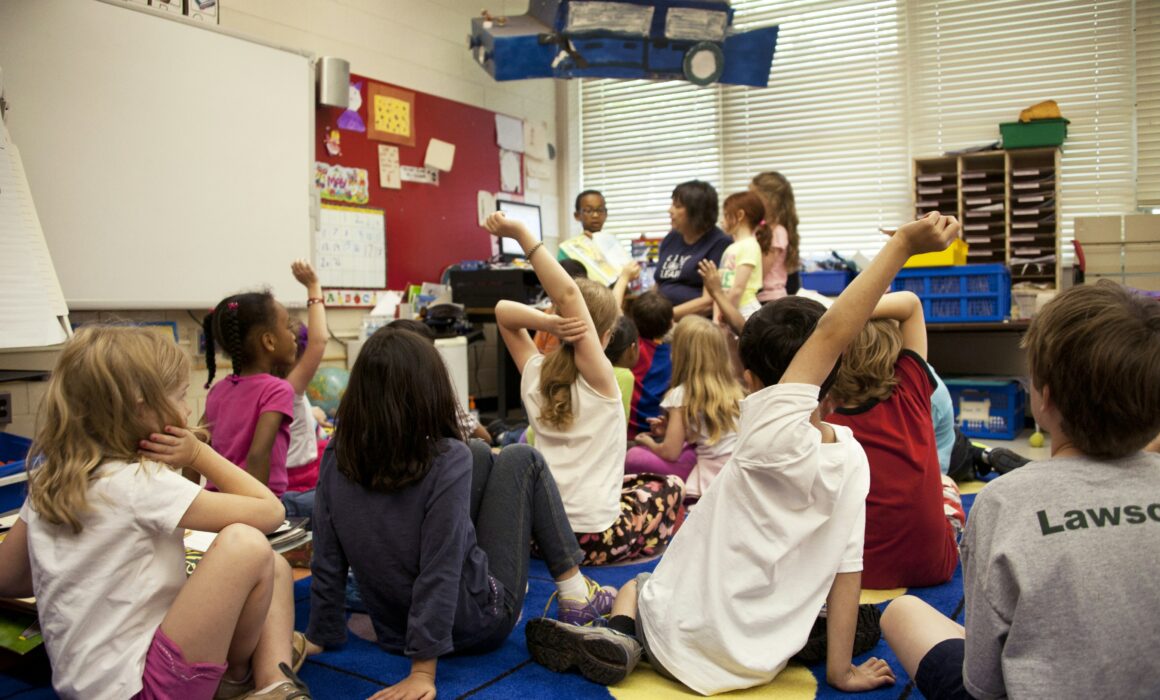
As a second-grade teacher, I’ve long believed that character isn’t something you explain – it’s something you show. Children absorb the values they see in action: at home, on screens, in their communities and in the behavior of leaders.
And right now, what they’re seeing is deeply concerning.
Over the course of this school year, I’ve noticed troubling behaviors in young students – not only in my own classroom in Southern California, but echoed in conversations with fellow educators. Children are using racial slurs, mocking peers for their differences and retaliating in targeted, often cruel ways – like defacing a classmate’s belongings after a playground dispute. At just 7 and 8 years old, this behavior is especially unsettling. These are the years when empathy, fairness, and emotional regulation should be taking root, not when children begin to mirror the blame, hostility, and division modeled by many adults.
What’s even more troubling is how some parents respond. When I reached out to discuss one of these incidents, the reaction wasn’t concern or acknowledgment of harm – but an attempt to deflect: “What did the other child do first?”
These aren’t isolated incidents – they’re symptoms of a broader cultural shift: one where cruelty is excused, empathy is mocked, dishonesty is normalized and accountability is increasingly rare. We are living with the compounded effects of years of toxic rhetoric, division and bullying – modeled, amplified and often condoned at the highest levels of government and media.
When the most powerful person in the country uses name-calling, bullying, and demeaning language as tools of dominance – and when cruelty becomes political currency – it trickles down. And now, those messages are showing up in our schools – in lunchrooms, on playgrounds and in classrooms.
What can you do to stop growing cruelty?
As educators and parents, we can’t control the national tone – but we can shape the environments our children grow up in. We can nurture compassion, critical thinking and resilience. And we can help kids navigate a world where decency and empathy are often regarded as weakness.
My contribution to this effort has been through storytelling – creating “The Adventures of Alpaca Poe,” a picture book series that encourages children to be kind, brave and true to themselves, even when the world around them isn’t. It’s a gentle push against the cultural tide, offering young readers a character who models empathy, integrity and courage.
The stories serve as a bridge for parents, inviting meaningful conversations with their children about character, values and what it means to be a good human in difficult times. In a culture where division and retaliation dominate, Poe offers something quietly radical: integrity, humanity and honor.
My comments may invite backlash from those who embrace the current political climate, but I stand by my commitment to what’s best for children. I don’t follow party lines – I follow principles: integrity, honesty and decency.
We need to talk honestly about what today’s political climate is teaching our kids – not just through policy, but through tone, language and example. We must push back with love, truth and character. Each of us has a role to play in raising children who can build a better, more empathetic world.
What will you do?
Our children are watching.
They’re listening.
And they’re learning.
Let’s be the example they deserve.
This opinion piece originally ran in USA Today on May 26, 2025. Susan Cortz is a member of Redlands Teachers Assn. and teaches at Highland Grove Elementary.
Top photo is from CDC/Unsplash.



The Discussion 0 comments Post a Comment